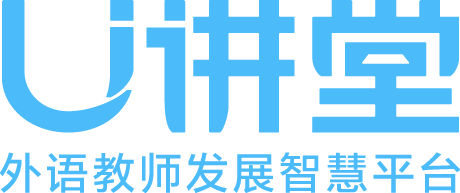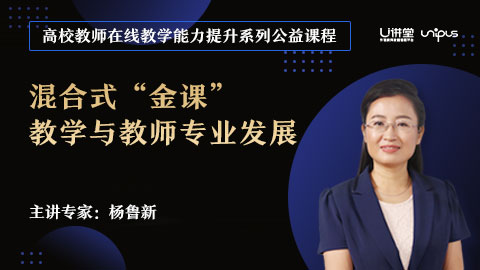Social and cultural context
influences on reading
■Social and farmily influcnces on reading abilities
■The role of parents and comunities in promoting literacy
■The influence of peers on reading habits and reading motivation
■The impact of social groups on valuing literacy practices or even resisting school socialization expectations
Assessment of reading
Standardized tests
Multiple-choice questions
■Summary writing
■Alternative methods of asssment: reading pottfolios, checklists, individual student observations, student interviews, group performances, charts of progress over
time, extensive reading booklists, oral presentations and
performance :
教师的创新能力
●课程开放能力
一教教材、 拷教案
-建立自己的教学资源库
●课题研究能力
-以研促教、以教促研
●中英文写作能力
一能成为学生的典范吗
课程设置(或本土课程开发)
●明确的教学目标
一宏观目标
-单元目标
●循序渐进
语言复现
内容(文化知识)拓展
●活动设计
-认知要有挑战
一要提供语境
-能引起学生的兴趣
课程评估形式(个人思考)
●加大形成性评估
●作业要有挑战
-项目
-口语展示
-学期论文
-反思论文(可以是小作业)
-用写作作业促进学生的听说读能力的发展
外语课程设置(个人思考)
●Content-based language course
- Language
一Content
一Thinking :
●发挥老师的强项
-教师的阅读兴趣
一开发自己特色的课程
●发挥老师的强项
一涉及目的语国家的历史、文化、政治、经济
-融入听说读写(译)
-每个环节都可以研究
教师发展途径(个人思考)
教研项目驱动
●课程团队建设
●教师发展共同体建设
-集体备课
-传帮带
自我剖析
我的学术兴趣
●我的教育背景
●我的教学经历
●我的个性
●我的目标
坚持, 有些路很远走下去会很累。
可是,不走,会后悔。
思、读、行
从小入手:想一想教学中的问题
问题驱动:筛选出最想解决的问题
制定行动方案
-顺藤摸瓜:阅读相关文献
-学术交流:学术会议、工作研讨
-实践+反思:教研一体
-短期研修班:获得灵感
一互联网+:随时随地充电
教师教育者的成长路径,
unipu
●中介(mediation)
-自我反思
-向他人学习(倾听、观察、讨论)
-大量阅读
●情景化学习Situated learning
- going through *lived experiences of participation in the
world' (Wegner, 1998, p.4)
●身份多纬Identity shift: duality/complexity
- Researcher, Teacher, Teacher Educator

